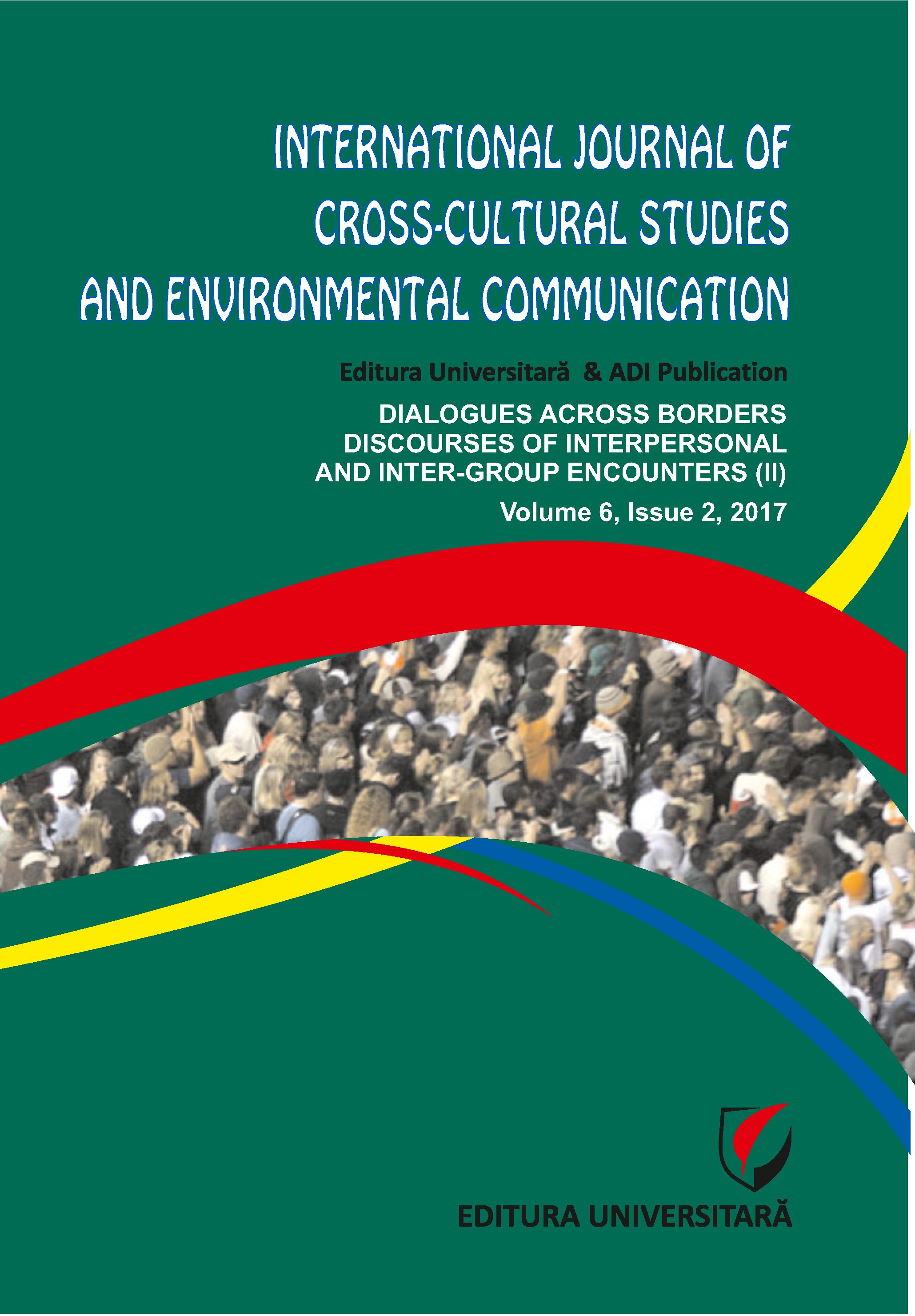HUMOR BASED TIME. TIME LIMITATION THEORY (TLT) AS THE BASIS FOR HUMOR CREATION
HUMOR BASED TIME. TIME LIMITATION THEORY (TLT) AS THE BASIS FOR HUMOR CREATION
Author(s): Arie SoverSubject(s): Communication studies
Published by: Editura Universitară & ADI Publication
Keywords: Life expectancy; Time; Humor theory; Comedy; Laughter;
Summary/Abstract: In this article, I suggest a new theoretical approach according to which the basis for thecreation of humor lies in our life expectancy.During the span of one’s life, human beings endeavor to achieve goals. Because lifeexpectancy is limited, we have to divide our time into various activities that we want, need, or require.We allocate a portion of our time on earth for each of our activities: Eating, dressing, goingto work, watching a movie. Many activities are common to human society, though cultural differencesmay be discerned. They might differ not only in the content of the activity but also in the timeallocated to each. The time framework constitutes one of the models according to which humanbeings are supposed to act. The time performance of an activity which is in accordance with thismodel is perceived as the norm. Any deviation is considered a breach of the norm and an unusualsituation.We live in several frames simultaneously, such as: physical, social, cultural andtechnological. At the basis of each lies that of the life expectancy frame, which is the infrastructure ofall the others. The life expectancy frame shapes the content of all the various activities in each frameas well as the time division model in each.As our life expectancy is limited, we are interested in the optimal utilization of our time.Therefore, all of our activities are time-based. Any activity such as eating, drinking, or shopping atthe supermarket, is expected to be of certain duration. An activity taking more time or less time isseen as unusual. Thus, there is a reasonable time range for each activity we perform. I term this timerange the “time range model”. The duration of any activity under or above the time range model willbe perceived as a deviation and therefore unusual.As we are well aware, the unusual is the basic condition for the creation of a humoroussituation (although not every unusual situation is necessarily perceived as humorous).In this article, I will argue that the time limitation theory does not contradict the prevalenttheories within the study of humor; rather, it constitutes the infrastructure for these theories.
Journal: International Journal of Cross-Cultural Studies and Environmental Communication
- Issue Year: 6/2017
- Issue No: 02
- Page Range: 25-34
- Page Count: 10
- Language: English

